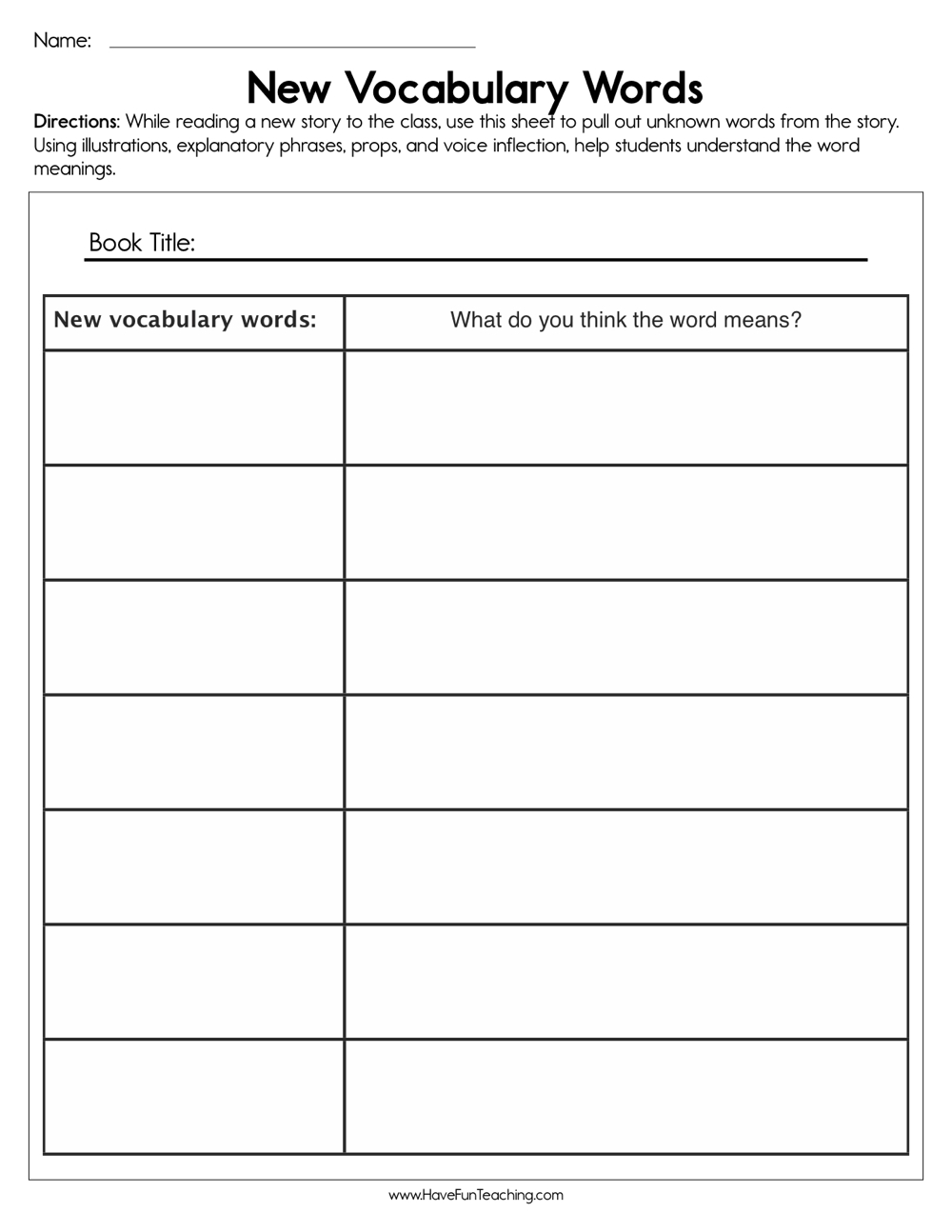Reading is an essential skill that allows us to learn, explore, and communicate effectively. One of the key factors in improving your reading comprehension is having a strong vocabulary. By expanding your vocabulary, you can better understand the text, make connections, and enjoy a richer reading experience.
Whether you’re a student looking to ace your exams or a book lover wanting to delve deeper into literature, learning new vocabulary words can significantly enhance your reading abilities. Here are some essential vocabulary words to help you on your reading journey:
Vocabulary Words for Reading
1. Comprehend – To understand the meaning or significance of something. Being able to comprehend the text is crucial for effective reading comprehension.
2. Analyze – To examine something in detail and draw conclusions. Analyzing the text allows you to delve deeper into the author’s message and intentions.
3. Infer – To deduce or conclude information based on evidence or reasoning. Making inferences while reading can help you make sense of the text and connect the dots.
4. Context – The circumstances or setting in which something occurs. Understanding the context of the text can provide valuable insights into the author’s perspective and message.
5. Imagery – The use of vivid language to create mental images or sensory experiences. Paying attention to imagery in the text can enhance your understanding and appreciation of the writing.
By familiarizing yourself with these vocabulary words and actively incorporating them into your reading practice, you can enhance your reading skills and deepen your comprehension. Remember that building a strong vocabulary is a continuous process that requires practice and dedication.
So next time you pick up a book or read an article, challenge yourself to seek out new vocabulary words and apply them in context. Over time, you’ll notice a significant improvement in your reading comprehension and overall enjoyment of reading.
Expand your vocabulary, expand your mind, and unlock the full potential of your reading experience!
